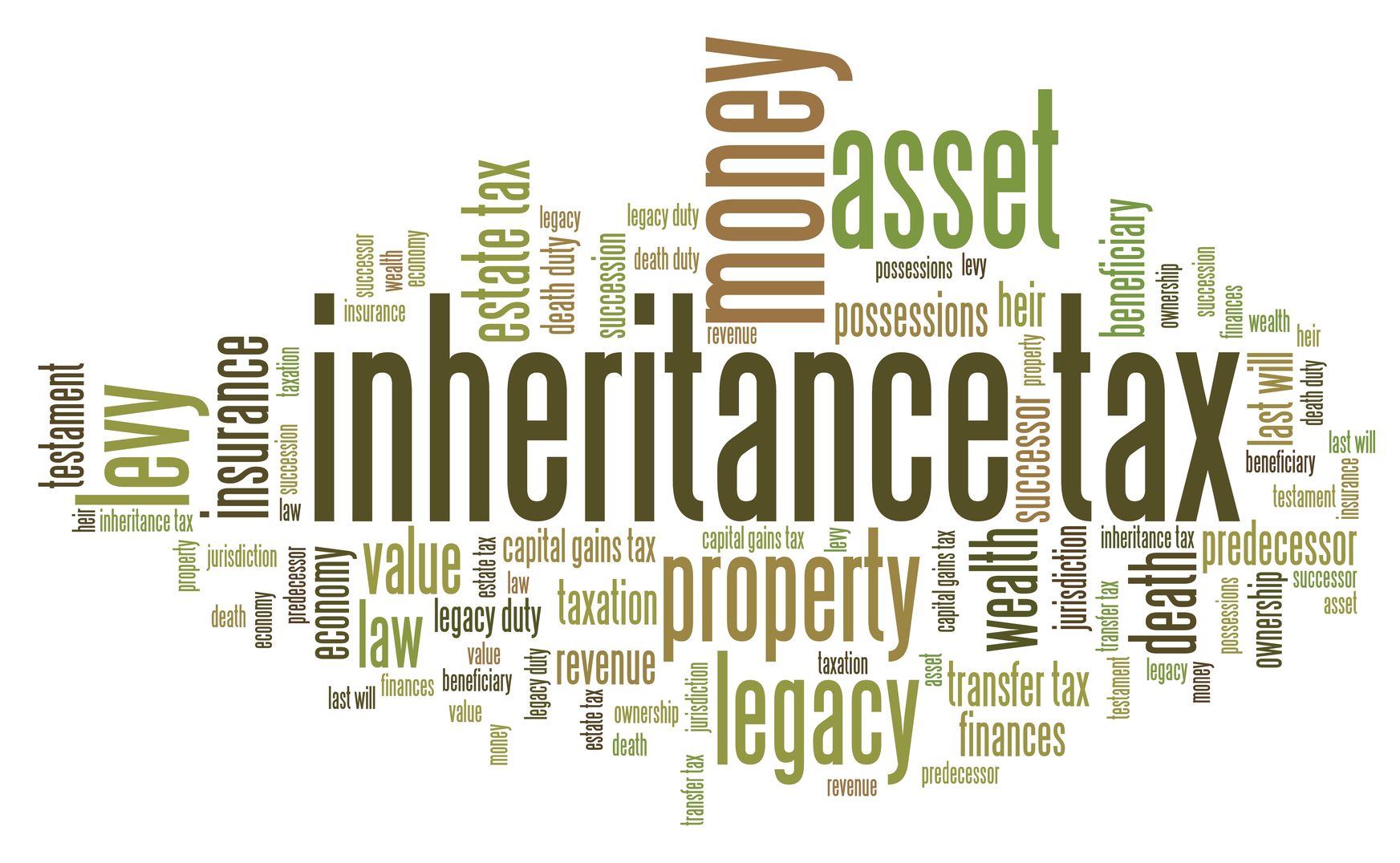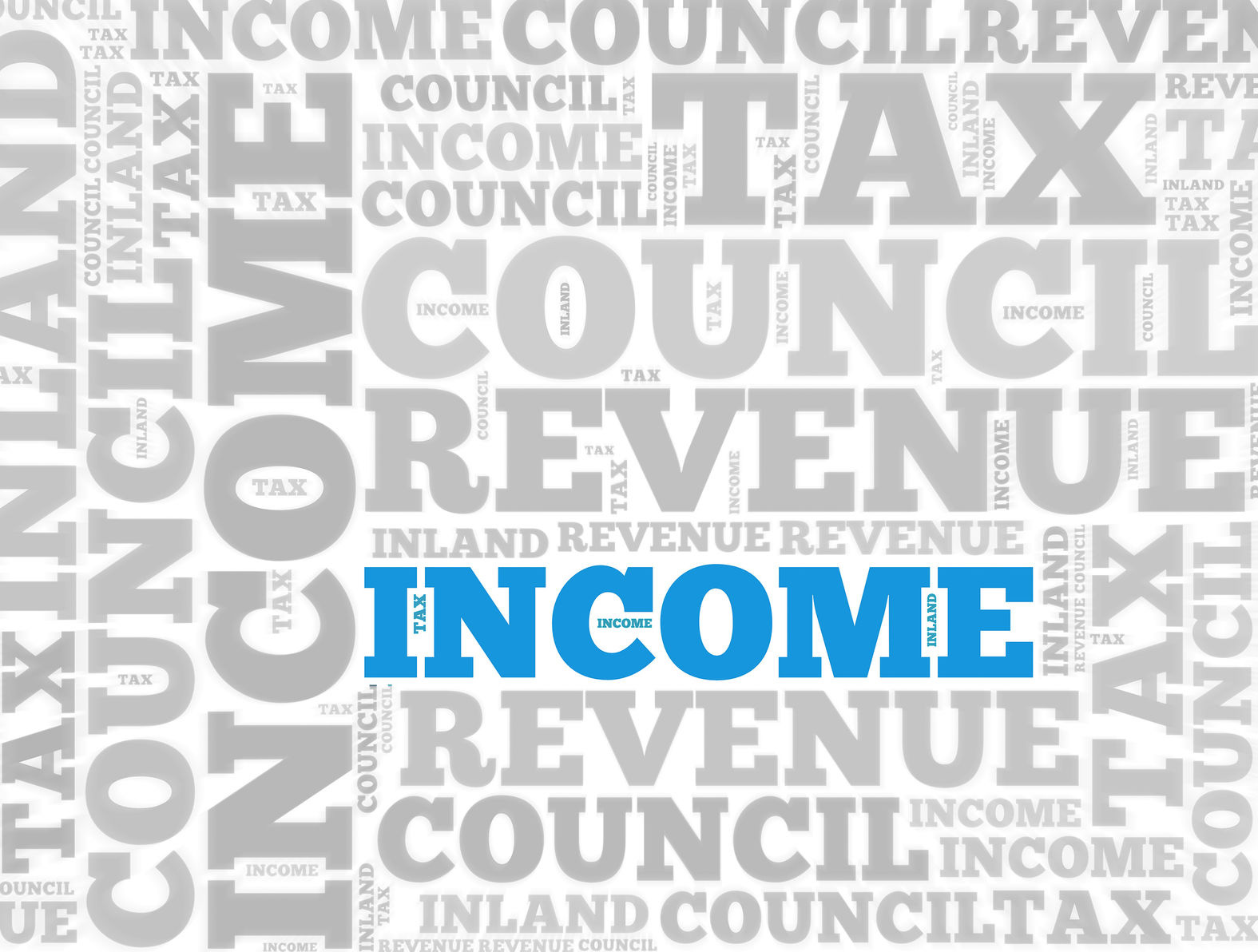
Student debt increases
Last year’s general election saw the issue of student loans come to the fore, with the Labour Party saying in its manifesto that it would reintroduce maintenance grants and abolish tuition fees. The estimated cost was £11.2bn a year – by far the most expensive single proposal in the Party’s manifesto. There were also hints – not in the manifesto – that all student debt would be written off, at a theoretical cost of up to £100bn according to the Institute for Fiscal Studies (IFS).
The political response
The Westminster government, which only controls student funding in England, has since reacted to Labour’s proposals in two main ways:
- It has frozen the tuition fee cap in England at £9,250 for the coming academic year; and
- From April 2018 it raised the income threshold at which loans start to be repaid in England from a previously frozen £21,000 to £25,000, to be index-linked subsequently.
There were no changes made to the minimum and maximum rates of interest levied on loans, which are RPI and RPI + 3% respectively. At present that means a top interest rate of 6.1%, but from September 2018 the ceiling will rise to 6.3%. The highest rate applies during the study period and if income exceeds £45,000 after the end of the course.
Small savings, large costs…
The change in the loan repayment threshold will initially save graduates up to £360 a year, as the current repayment basis is 9% of all income above the threshold. The inevitable corollary – even before the interest rate rise is considered – is that debt will linger longer. More graduates will therefore reach the magical point, 30 years after graduation, when their outstanding debt is written off.
The IFS has calculated that the change to the threshold and the tuition fee freeze will ultimately mean that 45% of all student debt is repaid by the government. In the long run, the IFS says the changes will add £2.3bn a year to taxpayer costs for higher education.
Lessons to learn
As the cost of the Labour Party’s proposals shows, there is no cheap way to deal with the issue of student finance going forward, yet alone addressing the debt accumulated to date. One of the more ironic side effects of any reduction in payments or greater write downs is that it tends to be the higher earning graduates who gain most, as they are the most likely to have paid off their debt within the 30 years from graduation.
If you have children or grandchildren heading to university, setting aside some money for them makes sense. However, that is not the same as saying they should refuse the loans on offer, as all or part of them may be written off eventually. Where the extra funds count is after the course has ended. At that stage a typical graduate earning above the loan repayment threshold will probably be facing the loss of at least 45p of every extra pound earned, thanks to income tax (at least 20%), national insurance (up to 12%), auto-enrolled pension contributions (up to 4% net) and student loan repayments (9%).
The student loan system is best thought of these days as a graduate tax, because its effects are driven by income earned and is only felt once tuition is over. It is then that financial support can be the most valuable, be it in reducing the debt or helping in the purchase of a first home.
Last year’s general election saw the issue of student loans come to the fore, with the Labour Party saying in its manifesto that it would reintroduce maintenance grants and abolish tuition fees. The estimated cost was £11.2bn a year – by far the most expensive single proposal in the Party’s manifesto. There were also hints – not in the manifesto – that all student debt would be written off, at a theoretical cost of up to £100bn according to the Institute for Fiscal Studies (IFS).
The political response
The Westminster government, which only controls student funding in England, has since reacted to Labour’s proposals in two main ways:
- It has frozen the tuition fee cap in England at £9,250 for the coming academic year; and
- From April 2018 it raised the income threshold at which loans start to be repaid in England from a previously frozen £21,000 to £25,000, to be index-linked subsequently.
There were no changes made to the minimum and maximum rates of interest levied on loans, which are RPI and RPI + 3% respectively. At present that means a top interest rate of 6.1%, but from September 2018 the ceiling will rise to 6.3%. The highest rate applies during the study period and if income exceeds £45,000 after the end of the course.
Small savings, large costs…
The change in the loan repayment threshold will initially save graduates up to £360 a year, as the current repayment basis is 9% of all income above the threshold. The inevitable corollary – even before the interest rate rise is considered – is that debt will linger longer. More graduates will therefore reach the magical point, 30 years after graduation, when their outstanding debt is written off.
The IFS has calculated that the change to the threshold and the tuition fee freeze will ultimately mean that 45% of all student debt is repaid by the government. In the long run, the IFS says the changes will add £2.3bn a year to taxpayer costs for higher education.
Lessons to learn
As the cost of the Labour Party’s proposals shows, there is no cheap way to deal with the issue of student finance going forward, yet alone addressing the debt accumulated to date. One of the more ironic side effects of any reduction in payments or greater write downs is that it tends to be the higher earning graduates who gain most, as they are the most likely to have paid off their debt within the 30 years from graduation.
If you have children or grandchildren heading to university, setting aside some money for them makes sense. However, that is not the same as saying they should refuse the loans on offer, as all or part of them may be written off eventually. Where the extra funds count is after the course has ended. At that stage a typical graduate earning above the loan repayment threshold will probably be facing the loss of at least 45p of every extra pound earned, thanks to income tax (at least 20%), national insurance (up to 12%), auto-enrolled pension contributions (up to 4% net) and student loan repayments (9%).
The student loan system is best thought of these days as a graduate tax, because its effects are driven by income earned and is only felt once tuition is over. It is then that financial support can be the most valuable, be it in reducing the debt or helping in the purchase of a first home.


